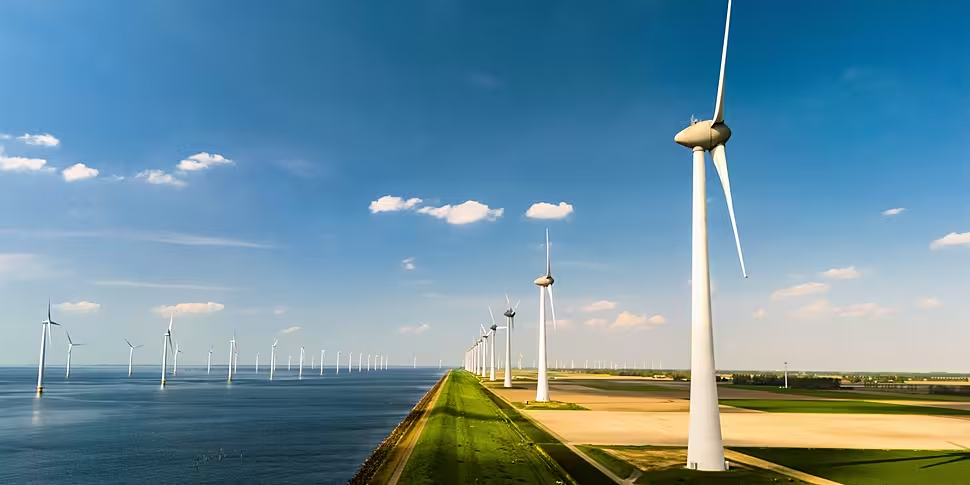Ireland is not currently on track to meet the 2030 climate targets agreed upon in the climate budget.
The Climate Change Advisory Council said an urgent change is required in order for Ireland to avoid both the effects of climate change and fines.
The warning comes as the Council published its Carbon Budget Proposals for 2031 to 2040 which call for an overall indicative emissions reduction of 67%.
To achieve this, Ireland will have to reduce emissions by at least 6.3% on average year by year until 2040.
This will require "the most significant change since the foundation of the State", the Council said.
Fossil Fuels
Another crucial step in reaching the 2040 Carbon Budget is the elimination of fossil fuels.
The Council said Ireland is already seeing the impact of climate change with increased flooding, droughts and coastal erosion.
The Council's Chair Marie Donnelly said these proposals give Ireland an "opportunity to achieve a more sustainable society, a cleaner environment and improved health and well-being" for its citizens.
"A crucial step to help achieve this is for Government to prioritise investment and resources, now, by phasing out harmful fossil fuels as early as 2039 and saving people and businesses money," she said.
"This will help Ireland avoid future fines and compliance costs, provide the opportunity to deliver energy independence, reduce costs and help to maintain our competitive economy in a low carbon world, while building greater resilience to the impacts of climate change."
New technologies
To support the significant change required for Ireland to meet the 2040 Carbon Budget, Ms Donnelly said people and businesses will need to be upskilled for new technologies and practices.
Those working in the sectors most affected will also need to be re-skilled, she said.
The warning from the Council follows a report from the SEAI yesterday which said there is "no room for complacency" in Ireland's bid to radically reduce emissions.
Feature image shows a drone view of wind turbines, Alamy.









